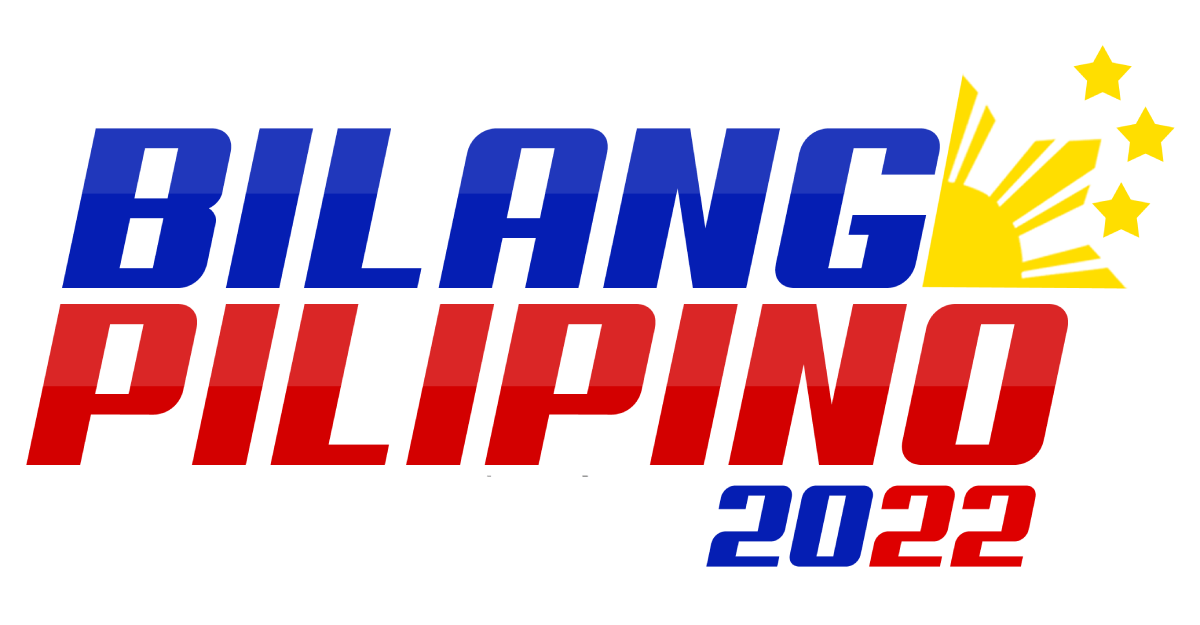Facebook removes 400 accounts behind DDoS attack posts vs media; 'Bongbong Marcos news,' 'Duterte Live' pages

Ahead of the May 9 Philippine elections, Facebook has removed a network of over 400 accounts, pages, and groups claiming to be "hacktivists" — accounts that post and amplify content about distributed denial of service (DDoS) attacks against local news websites — as well as pages that pretend to be legitimate news sources, like "Bongbong Marcos news" and "Duterte Live."
In an April 6 blog post, Facebook's parent company Meta Platforms Inc. said the network, which "worked together to systematically violate" its community standards, relied primarily on authentic and duplicate accounts.
According to cybersecurity and anti-virus provider Kaspersky, DDoS attacks are committed by sending multiple requests to the attacked web resource with the aim of exceeding the website’s capacity to handle multiple requests and prevent the website from functioning correctly.
Last March 16, the National Union of Journalists of the Philippines (NUJP) condemned DDoS attacks against Mindanao Gold Star Daily, PressOne.PH, and Interaksyon, noting that they're involved in fact-checking efforts related to the May polls.
It also cited the report of Sweden-based digital forensics nonprofit Qurium Media, which traced previous DDoS attacks on ABS-CBN News, Rappler, and VERA Files to a certain "Pinoy Vendetta," a hacker group that had been publicly praised by the National Task Force to End Local Communist Armed Conflict (NTF-ELCAC) for taking down the website of the Communist Party of the Philippines.
The NTF-ELCAC and Pinoy Vendetta have since denied working together.
Altermidya, Bulatlat, CNN Philippines, GMA Network, Bulgar Online, and TV5 have also been targeted by Pinoy Vendetta's cyberattacks, according to the NUJP.
"DDoS attacks are a threat to press freedom and the free flow of information, both of which are vital during the election season," the NUJP said in a statement.
The CNN Philippines on Feb. 27 said its website experienced a DDoS attack the day that it's hosting the presidential debates.
Election-related 'inauthentic behavior operators'
Meta said it also spotted "inauthentic behavior operators" from various countries and have been active as the May 9 polls draw near.
The company said it removed several pages and groups that changed their focus to the elections to increase their following. For instance, a non-political dance videos page renamed itself “Bongbong Marcos news."
It also removed multiple clusters of activity from Vietnam, Thailand, and the United States that posed as local community members "in an apparent attempt to monetize people’s attention on the election."
Spammers in Vietnam, Meta said, used VPNs or virtual private networks to make it look like they're from the Philippines.
"They posed as supporters of political campaigns or local news entities and used names like Philippines Trending News, Duterte Live, Related to Francis Leo Marcos, and Pinas News," Meta noted, adding that they purport to be local news sources sharing live footage on the ground "in an attempt to drive people to their clickbait websites filled with ads."
There are also others that focused on fake engagement. Meta cited as example a social media management agency that has a network of over 700 accounts to post and share both political and entertainment content.
"In other cases, we found and removed inauthentic engagement activity run by the same people in support of multiple candidates in the same election at once," it said.
Elections Operations Center to combat misinformation
In a bid to combat rampant misinformation and disinformation during the Philippine election season, Meta said it will activate an Elections Operations Center, which will bring together its company's experts on misinformation, human rights, and cybersecurity, with local experts "who have a deep understanding of the context on the ground in the Philippines."
Meta said it also trained artificial intelligence technology in Filipino to help proactively detect and remove hate speech, bullying, and harassment on the platform.
Aside from Filipinos in its workforce, the company said it also has moderators who can review content in Filipino and Cebuano.
"We also launched the Philippine Fact-Checker Incubator program with Internews to support capacity-building for fact checking in the Philippines," Meta added.
